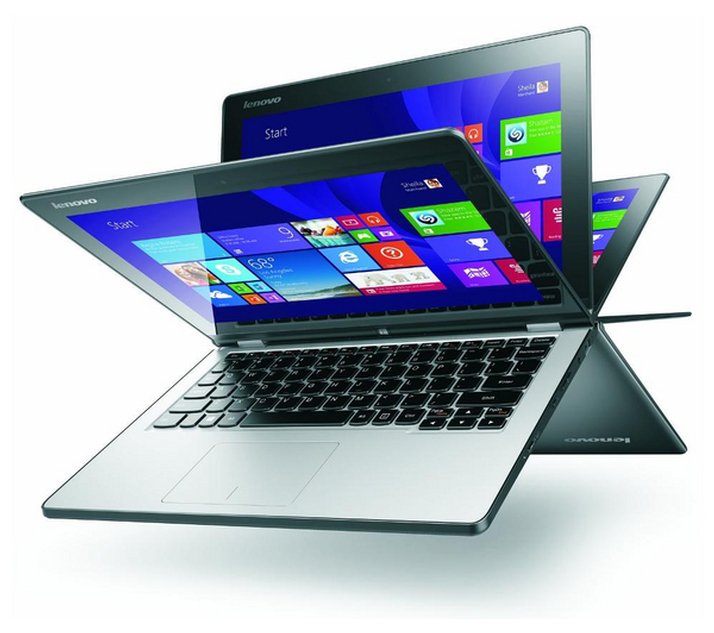Laptops can be incredibly beneficial for students. College life is often about choosing the right device and methods for learning experience. Many colleges have adopted the Bring Your Own Device or BYOD concept. This can cause rather chaotic situation, because students could haul different kinds of device for their learning purposes. Devices need to be recharged more than once each day, if students use them extensively for a variety of purposes. These devices will also need to be connected to networks or to one another to make the transfer of information much easier.
In colleges, the network can be heavily overloaded with transfer of information. When choosing laptops, we should consider factors like weight. Although many manufacturers, such as Apple and Toshiba have released light-weight, compact laptops, students could choose bulkier models to gain more enhanced performance. This could cause some health concerns. Bringing a 5lbs laptop may seem like a simple task to do, but students will need to do this for years. In many cases, students wish that they purchased a laptop that’s just one pound lighter. MacBook Air is known for its lightness, but it could be prohibitively expensive for many students. Alternatively, they could choose smaller, affordable laptops with 11.6-inch display.

College students should make sure that their laptops are powerful enough. In the classroom, battery life can be a big concern. Most laptops will last for only less than four hours with standard usages and minimal connectivity. If we have long classes, it is a good idea to choose models that can last up to 8 hours. Alternatively, we could choose laptops that can be charged with portable battery packs, but this will add another weight in our backpack. Processing speed between laptops can easily be compared. We may compare the loading time and the performance when handling spreadsheet data. In this case, we could determine whether these laptops have proper processors.
In colleges with excellent Internet connections, it is a good idea to choose the more affordable Chromebooks, although they can be somewhat limited in terms versatility. Documents can be transferred to Google Drive and they can be shared to many users. For students who are choosing engineering and design majors, they often need more powerful computers that can do more than just Office tasks.
Laptops for students should also be durable and with fewer moving parts. Laptops may have moving parts, such as tilting display, internal fans, optical disk drive, hard drive and others. Models with fewer moving parts should be more durable. As an example, we could choose laptops with SSD and no optical disk drive. Data can be transferred through USB drive, external hard drive or external optical drive. Some laptops have low-power processor and fanless design. We could choose these models if we don’t need very fast performance. These models should be good enough for most office tasks. Overall, laptops should provide us with portability and convenience. There are also gimmicks that we may consider, such as touchscreen display and others.





